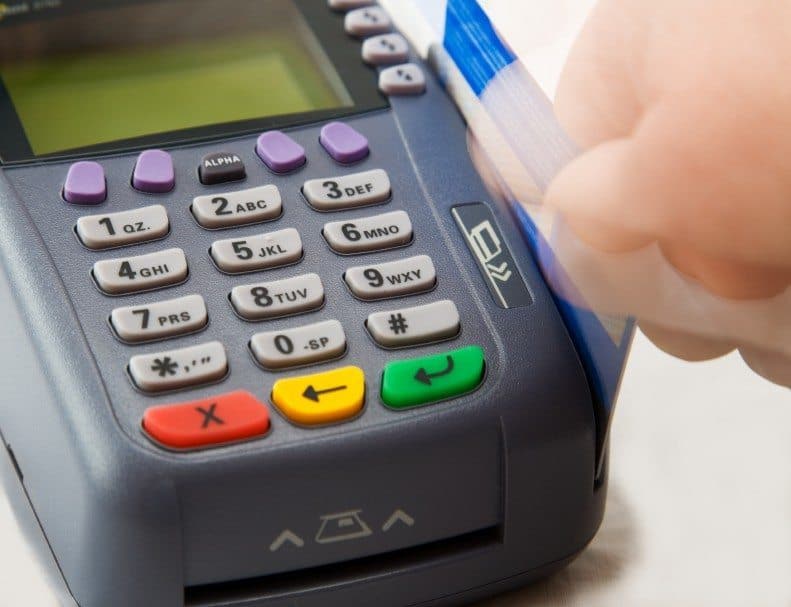
It is essential to be familiar with the various entities involved in credit card processing if you want to start a small business that can set up credit card processing. BPP is more than your payment processor
Credit Card Processor
Let's begin with credit card processing businesses. There are many of them, but you may only have heard of a few. However, retailers usually have the option to select any processor they want.
Each party is connected by the processor. The processor sends the initial data to both the issuing bank as well as the credit card company. They also ensure that all parties involved are protected by ensuring that transactions comply with the Payment Card Industry Data Security Standards (often referred to simply as PCI compliant). These services are charged at a flat or percentage rate. Rates vary depending on which processing company they are working with. You can read our blog to learn more about PCI Compliance for retailers.
Some POS solutions can also be used as payment processors. These cases usually include interchange, assessment, and processor fees, which are often bundled together into one rate. Although it may seem simple, it is often more expensive than keeping your point-of-sale and credit card processing separate.
Credit Card Companies/Associations
Credit card companies, or associations, are the names everyone recognizes VISA, MasterCard, and AmEx. They do not facilitate transactions nor provide cash to settle funds. They are responsible for setting interchange fees for each transaction, and they work with banks. These fees can't be negotiated with your processor as they vary from one business to another and from transaction to transaction. These fees are based on many factors, including the risk associated with the transaction. Credit card companies also manage marketing for the entire industry by encouraging customers not to use cash but to use credit cards. You can also spend more money. These fees usually account for between 70% and 90% of the total fees that a merchant charges per transaction.
Issuing Bank
The customer can choose to bank with any bank, but the issuing bank will be their bank. The issuing bank is responsible for disbursing the funds and taking on the risk of fraudulent transactions. They must also have final authority over the release of funds or acceptance of funds into accounts. The majority of interchange fees are paid to the banks that issue the money.
Acquiring Bank
Merchants should batch all transactions from the previous 24 hours at the end of every business day. Delaying batching will result in higher interchange rates. The funds will be received by the merchant's bank within 24-72 hours. The merchant's bank will accept a lump deposit of the sales. It is also responsible for deducting or distributing any fees to companies involved in a transaction.
Independent Sales Organizations (ISOs)
Sometimes, there is an additional party that is included in the big event. Independent Sales Organizations (ISOs), which recruit merchants to use certain credit card processors, will be able to do so. They are paid an additional fee for introducing the processor business. This fee is usually passed directly to the merchant. While ISOs are not necessary to facilitate the process, they often go unnoticed in the fine print or confusing rates. BPP the leading payment processor